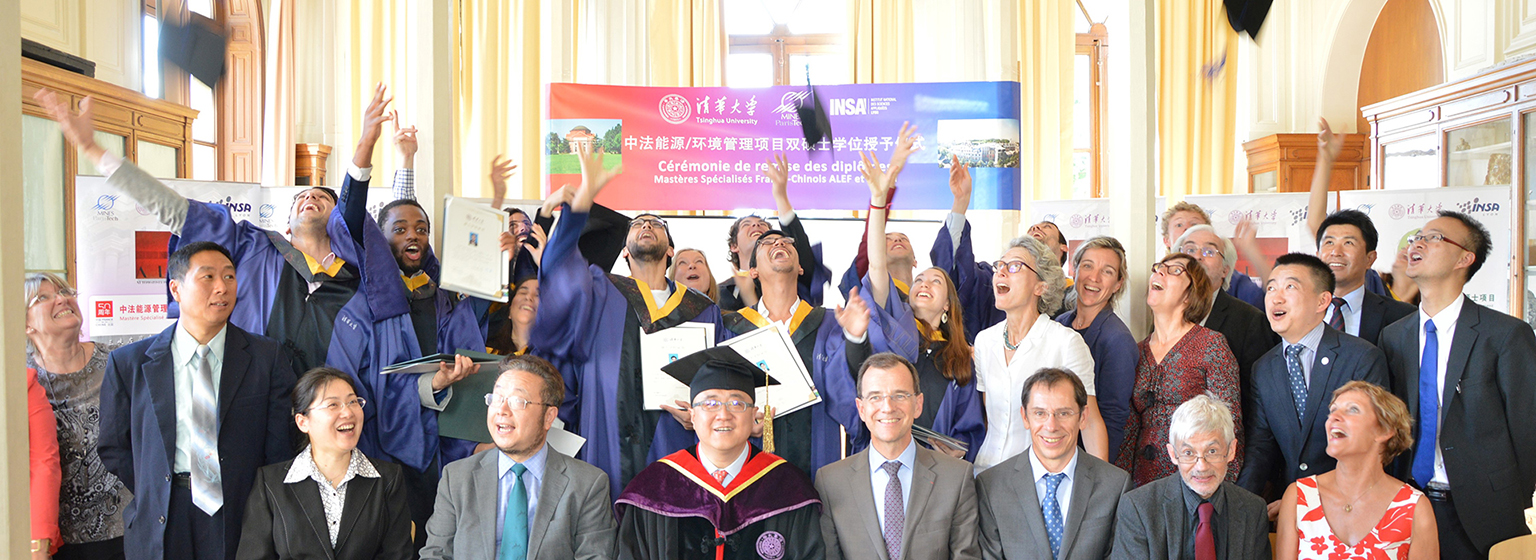課程編號(hào):70050262
課程名稱:廢水生物處理的數(shù)學(xué)模型與新技術(shù)
課程學(xué)時(shí):32
課程學(xué)分:2
授課語(yǔ)言:中文
課程簡(jiǎn)介:目前,我國(guó)經(jīng)濟(jì)的快速發(fā)展也帶來(lái)了久治難愈的環(huán)境污染問(wèn)題,我國(guó)城市污水處理的排放標(biāo)準(zhǔn)不斷提升,需要高水平的運(yùn)行與控制技術(shù),對(duì)相關(guān)從業(yè)人員提出了新的要求。本課程圍繞污水生物處理技術(shù),精煉介紹污水生物處理技術(shù)的發(fā)展歷程,講解污水生物處理的動(dòng)力學(xué)基礎(chǔ),著重于污水生物處理數(shù)學(xué)模型的推演,并通過(guò)上機(jī)實(shí)踐使學(xué)生親自動(dòng)手設(shè)計(jì)、使用模型解決工程問(wèn)題。本課程內(nèi)容如下:(1)通過(guò)講解污水生物處理相關(guān)技術(shù)的發(fā)展歷程,使學(xué)生了解經(jīng)典的污水生物處理方法及其原理,觸類旁通用于自身科研活動(dòng)。(2)通過(guò)講解經(jīng)典模型以及IAWQ、ASM等模型,介紹污水生物處理的模擬計(jì)算方法;通過(guò)上機(jī)實(shí)踐操作VensimPLE、GPS-X等軟件,為學(xué)生提供模型計(jì)算模擬的動(dòng)手體驗(yàn),使學(xué)生能夠?qū)?shù)學(xué)模型的思維應(yīng)用于科研。(3)通過(guò)三個(gè)主題的研討課,讓學(xué)生了解數(shù)學(xué)模型在技術(shù)發(fā)展和工程實(shí)踐中的應(yīng)用,充分了解現(xiàn)有技術(shù)的優(yōu)點(diǎn)和不足。(4)介紹污水處理領(lǐng)域前沿發(fā)展方向,為學(xué)生今后的學(xué)習(xí)工作提供專業(yè)基礎(chǔ)。
The rapid development of China's economy has also brought about the long-standing problem of environmental pollution, and the rising discharge standards of China's urban wastewater treatment require a high level of operation and control technology, placing new demands on the relevant practitioners. This course provides a concise introduction to the development of biological wastewater treatment technology, explaining the kinetic basis of biological wastewater treatment, focusing on the derivation of mathematical models of biological wastewater treatment, and enabling students to design and use models to solve engineering problems through hands-on practice. The course content is as follows: 1) through the introduction of the development of wastewater biological treatment related technologies, students will learn about classical wastewater biological treatment methods and their principles, which can be used in their own research activities by analogy; 2) through the introduction of classical models and models such as IAWQ, ASM, etc., the simulation of biological treatment of wastewater, and through hands-on experience with VensimPLE, GPS-X and other software, it provides students with hands-on experience of model calculation and simulation, enabling them to apply the thinking of mathematical models to scientific research; 3) students are introduced to the application of mathematical models in technological development and engineering practice through three thematic seminar sessions, and fully understand the strengths and weaknesses of existing technologies; 4) to introduce cutting-edge development directions in the field of wastewater treatment and provide students with a professional foundation for their future study and work.





